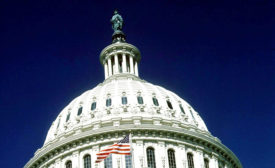Featured on Home Page
Bluetooth beacons come of age
Wireless data is collected to know where and when exposures occurred
May 1, 2017
The corporate social responsibility mirage
Research shows minimal impact for the billions spent in the past 25 years
May 1, 2017
Become a Leader in Safety Culture
Build your knowledge with ISHN, covering key safety, health and industrial hygiene news, products, and trends.
JOIN TODAYCopyright ©2025. All Rights Reserved BNP Media.
Design, CMS, Hosting & Web Development :: ePublishing










